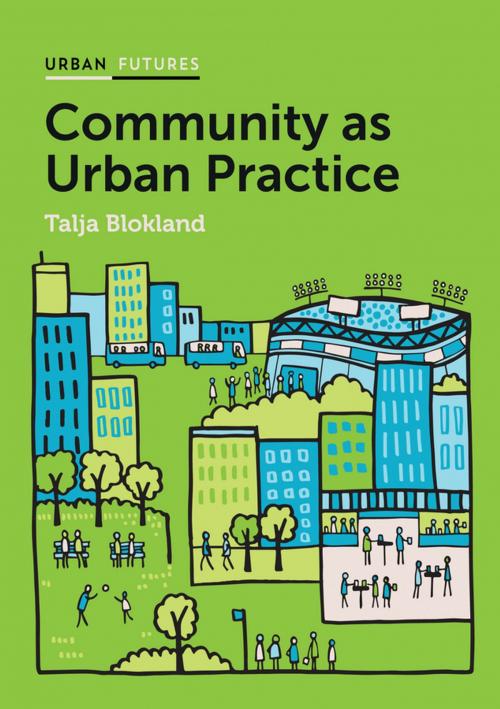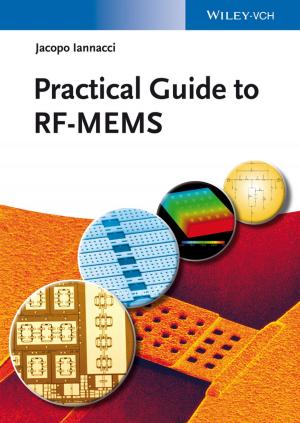| Author: | Talja Blokland | ISBN: | 9781509504855 |
| Publisher: | Wiley | Publication: | May 11, 2017 |
| Imprint: | Polity | Language: | English |
| Author: | Talja Blokland |
| ISBN: | 9781509504855 |
| Publisher: | Wiley |
| Publication: | May 11, 2017 |
| Imprint: | Polity |
| Language: | English |
Community is a central idea in urban studies but remains conceptually vague and empirically difficult to work with. Building on existing theories of community, Talja Blokland offers an important contribution to defining and understanding this key theme.
Blokland argues that there has been too much focus on community as a stable construct, formed by durable relationships with kin, friends, social groups or neighbours. She draws attention to the non-durable, fluid encounters that constitute community, theorizing communities as shared urban practices in a globalizing world. The book proposes two core ways of thinking about community: the dimension of familiarity, defined by our ability to construct identities, and the dimension of access, defined by our freedom to enter and leave urban spaces. These dimensions form various urban configurations which enable us to experience and practise community in diverse ways. As this book maintains, community is after all an urban practice, not a fixed state of affairs.
Community is a central idea in urban studies but remains conceptually vague and empirically difficult to work with. Building on existing theories of community, Talja Blokland offers an important contribution to defining and understanding this key theme.
Blokland argues that there has been too much focus on community as a stable construct, formed by durable relationships with kin, friends, social groups or neighbours. She draws attention to the non-durable, fluid encounters that constitute community, theorizing communities as shared urban practices in a globalizing world. The book proposes two core ways of thinking about community: the dimension of familiarity, defined by our ability to construct identities, and the dimension of access, defined by our freedom to enter and leave urban spaces. These dimensions form various urban configurations which enable us to experience and practise community in diverse ways. As this book maintains, community is after all an urban practice, not a fixed state of affairs.















